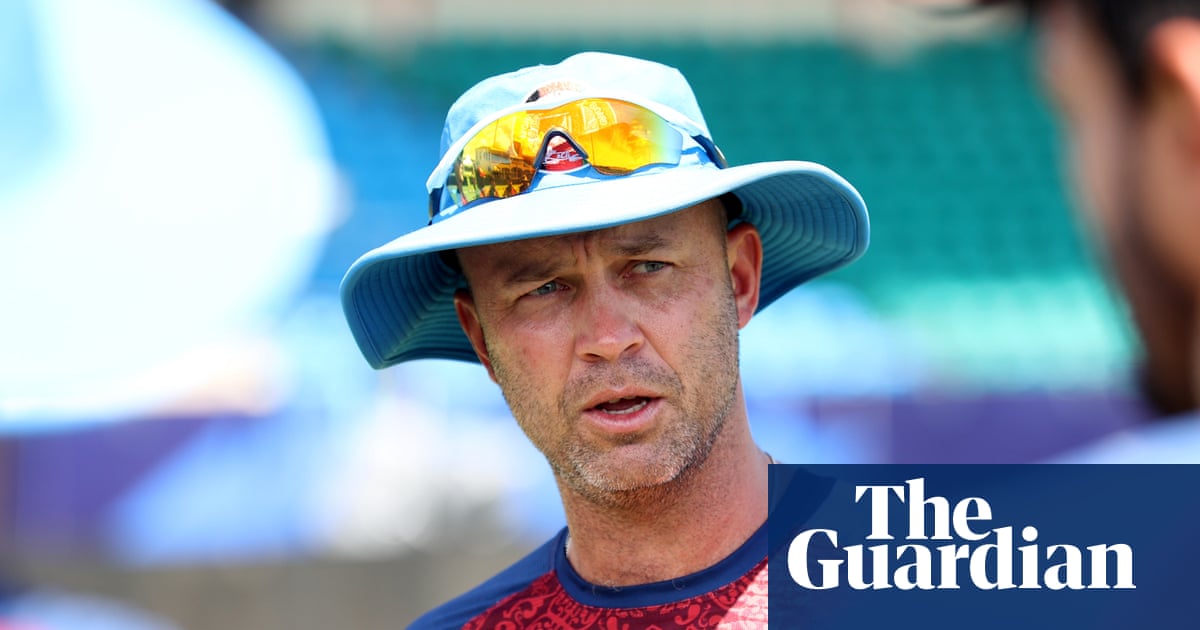Societies evolve and schools are under pressure to adapt, but some features of education policy are perennial. For example, modernisation will always be denounced as a dilution of standards. Inevitably, Conservatives have leapt on recommendations by an independent review, commissioned by the government, as proof that Bridget Phillipson, the education secretary, is “dumbing down” the curriculum.
The basis of these charges is that the review, led by Becky Francis, professor of education at University College London, proposes reducing the burden of GCSE exams and scrapping the English baccalaureate – a cluster of subjects that, when taken together, constitute a metric of success recognised in school league tables. Conservatives are also unhappy about the notion that primary schoolchildren should learn about the climate crisis and be encouraged to value diversity.
That is a selective reading of a wide-ranging review that calls for a more rigorous science curriculum and new tests to catch children whose progress slips between primary school and GCSE. Opposition attacks are premature when the government has not yet drafted any legislation.
A unifying theme of the review is that the current system prioritises narrow metrics of attainment at the expense of other qualities. Room needs to be made for the acquisition of practical life skills, such as managing personal finances and distinguishing trustworthy information from fake news. Creativity and resilience are also vital for young people to flourish and find employment. Every parent who has seen a child’s love of writing stripped away by Gradgrindian primary school grammar tests will welcome a return to valuing imagination.
Giving teachers more autonomy, as the review recommends, might also ease the crisis in retention, although deeper problems there are stagnant pay, pupil behaviour and pressure on staff to double as social workers when other services are withdrawn.
As for easing the burden that GCSE exams put on 16-year-olds, that should be uncontroversial. It is unusual by international standards to pile so much assessment on young shoulders in such a short period. The volume and intensity of GCSEs demand mechanistic teaching to the test at the expense of more rewarding and inspiring methods.
An emphasis on “enrichment” does not have to mean lowering expectations, although it raises reasonable questions about how better to measure and compare different schools’ performance – a necessary device for upholding standards. This is part of a wider challenge posed by the tidal wave of technological change sweeping through society.
In an age where artificial intelligence can instantly generate plausible-looking essays on almost any topic, how will independent study and critical analytical skills be tested? How are modern languages to be taught, and with what application in mind, in a world of translation software? What will distinguish human capability in a labour market saturated with smart machines?
It is unreasonable to expect any curriculum review to resolve such epoch-defining educational conundrums. But Prof Francis’s work does at least reckon with the reality of a world that is changing at bewildering speed, and the need to consider how schools might equip children to cope. It is not the government but the opposition that is dumbing down, by refusing to engage meaningfully with that challenge.

 2 months ago
67
2 months ago
67

















































